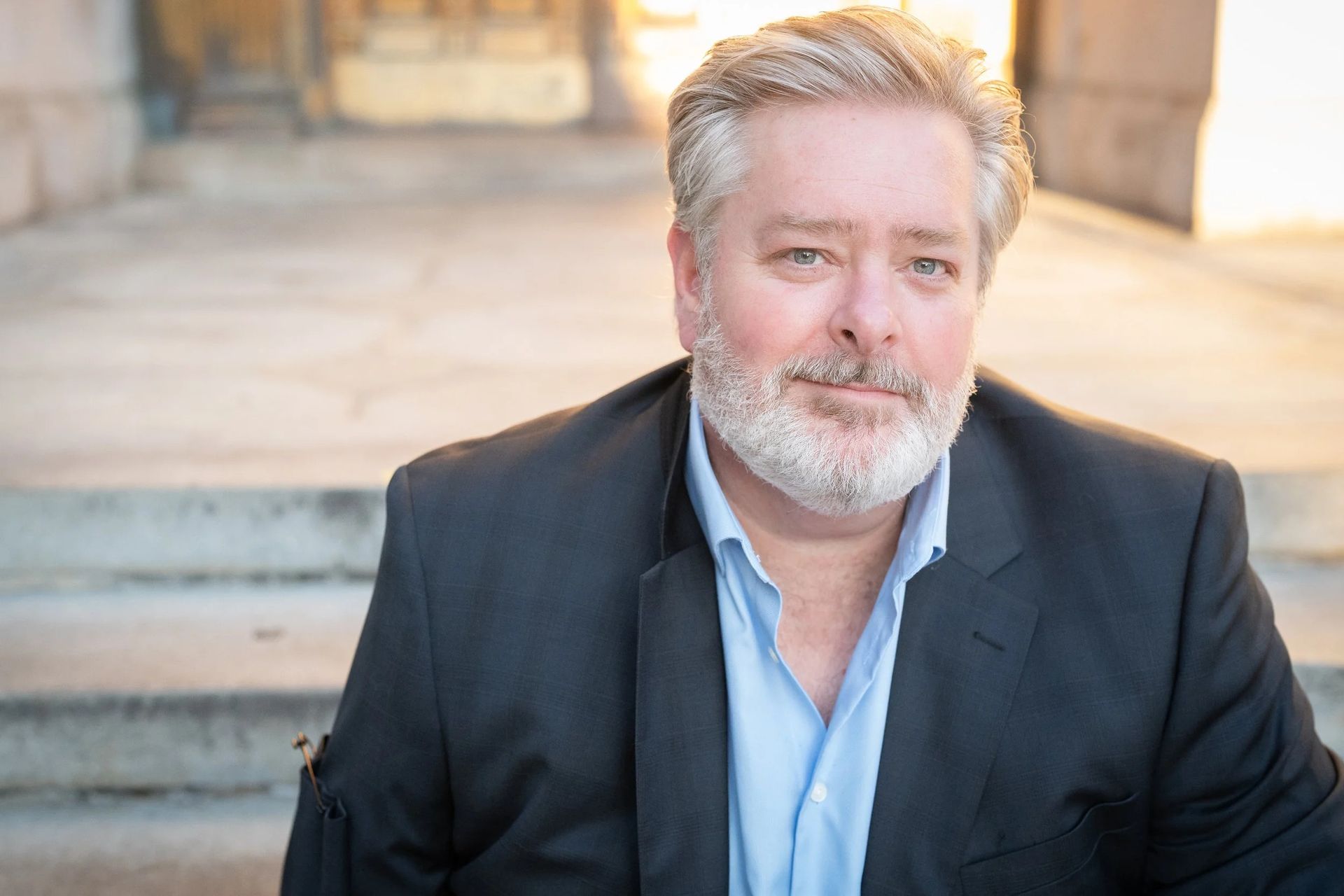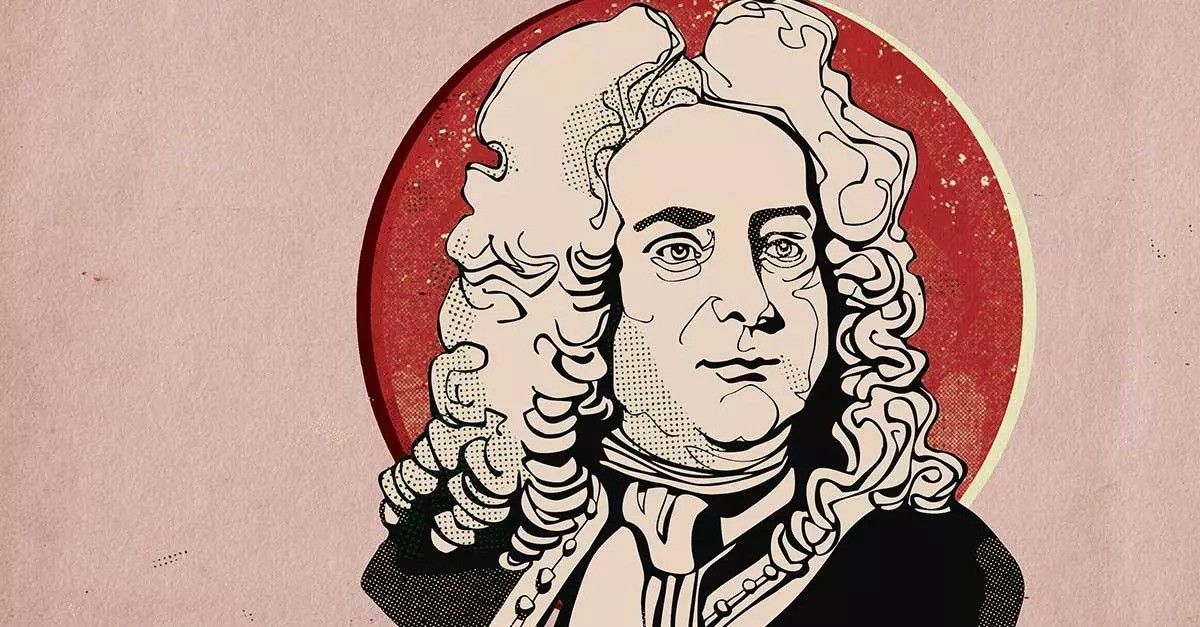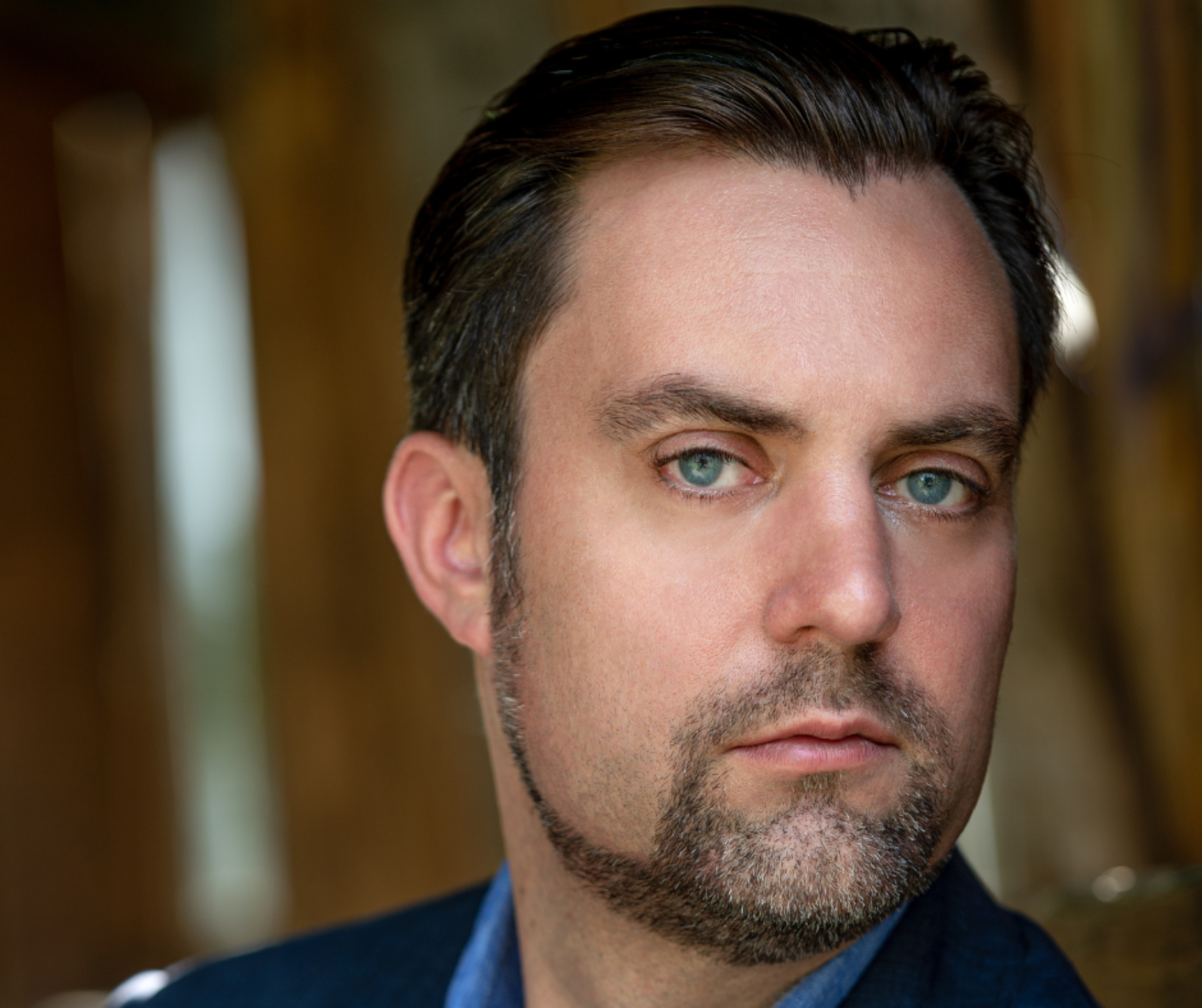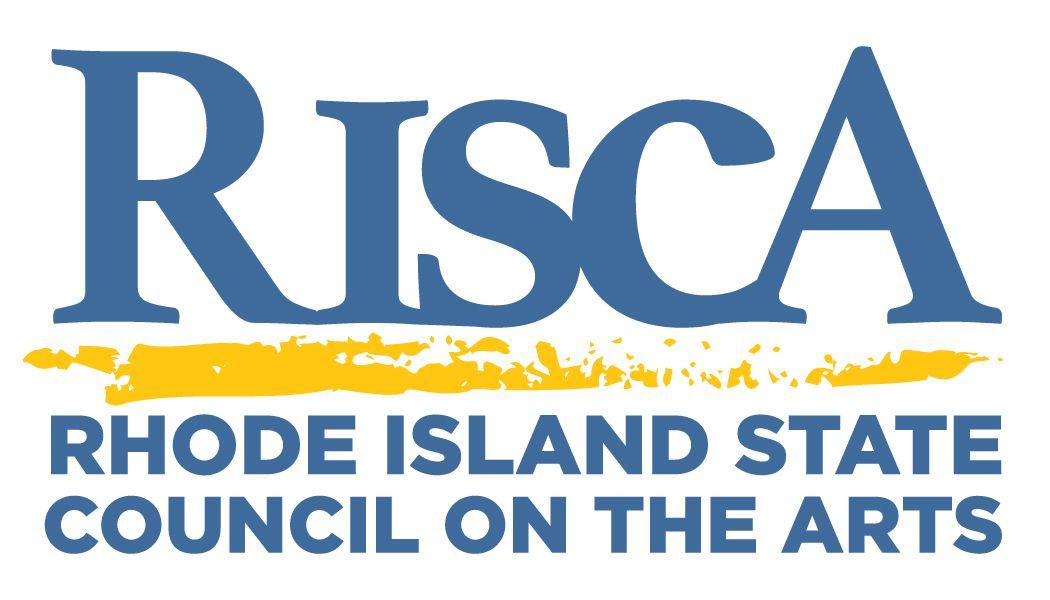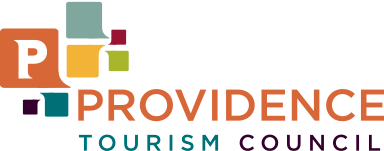THE STORY BEHIND: Copland's "Fanfare for the Common Man"
Share
On May 21, Bramwell Tovey, Tania Miller, Nathaniel Efthimiou and the Rhode Island Philharmonic Orchestra will present A Joyful Future with violinist Ray Chen.
THE STORY BEHIND: Copland's Fanfare for the Common Man
Title:
Fanfare for the Common Man
Composer: Aaron Copland
(1900-1990)
Last time performed by the Rhode Island Philharmonic:
Last performed at a Summer Pops concert in the mid-2000s. This piece is scored for four horns, three trumpets, three trombones, tuba and timpani.

The Story:
Undoubtedly, more people have heard
Fanfare for the Common Man by Aaron Copland than anything else he composed. This is largely due to its continual re-use for television shows. Beginning with the
Omnibus series in the 1950s, the Fanfare has been heard in news specials, at the inauguration of Nixon, for specials on outer space, for the TV Centennial of the Brooklyn Bridge — and the list goes on. In addition, wide-ranging jazz and rock adaptations of the work have spanned from Woody Herman to the Rolling Stones.
The origin of the
Fanfare goes back to a World War II patriotic gesture. Eugene Goosens, conductor of the Cincinnati Symphony Orchestra, commissioned a group of American composers to write patriotically titled fanfares for brass and percussion to open each of his concerts for the 1942-43 season. Copland responded enthusiastically. He wrote,
“I composed an introduction for the percussion, followed by the theme announced by the trumpets, and then expanding to include groups of brass. The challenge was to compose a traditional fanfare, direct and powerful, yet with a contemporary sound. To this end, I used bi- chordal harmonies that add “bite” to the brass and some irregular rhythms."
Copland had difficulty settling on a title, however, trying out at least seven (such as
Fanfare for Our Heroes and
Fanfare for Four Freedoms) until he hit on the most universal:
Fanfare for the Common Man. He sent the score to Goosens, who was a little puzzled, but enthusiastic nevertheless. He wrote back to Copland, “Its title is as original as its music, and I think is so telling that it deserves a special occasion for its performance. If it is agreeable to you, we will premiere it 12 March 1943 at
income tax time." (Income Tax day was March 15 at the time.)
Program Notes by Dr. Michael Fink © 2022 ALL RIGHTS RESERVED
Tickets start at $35! Click HERE or call 401-248-7000 to purchase today!

